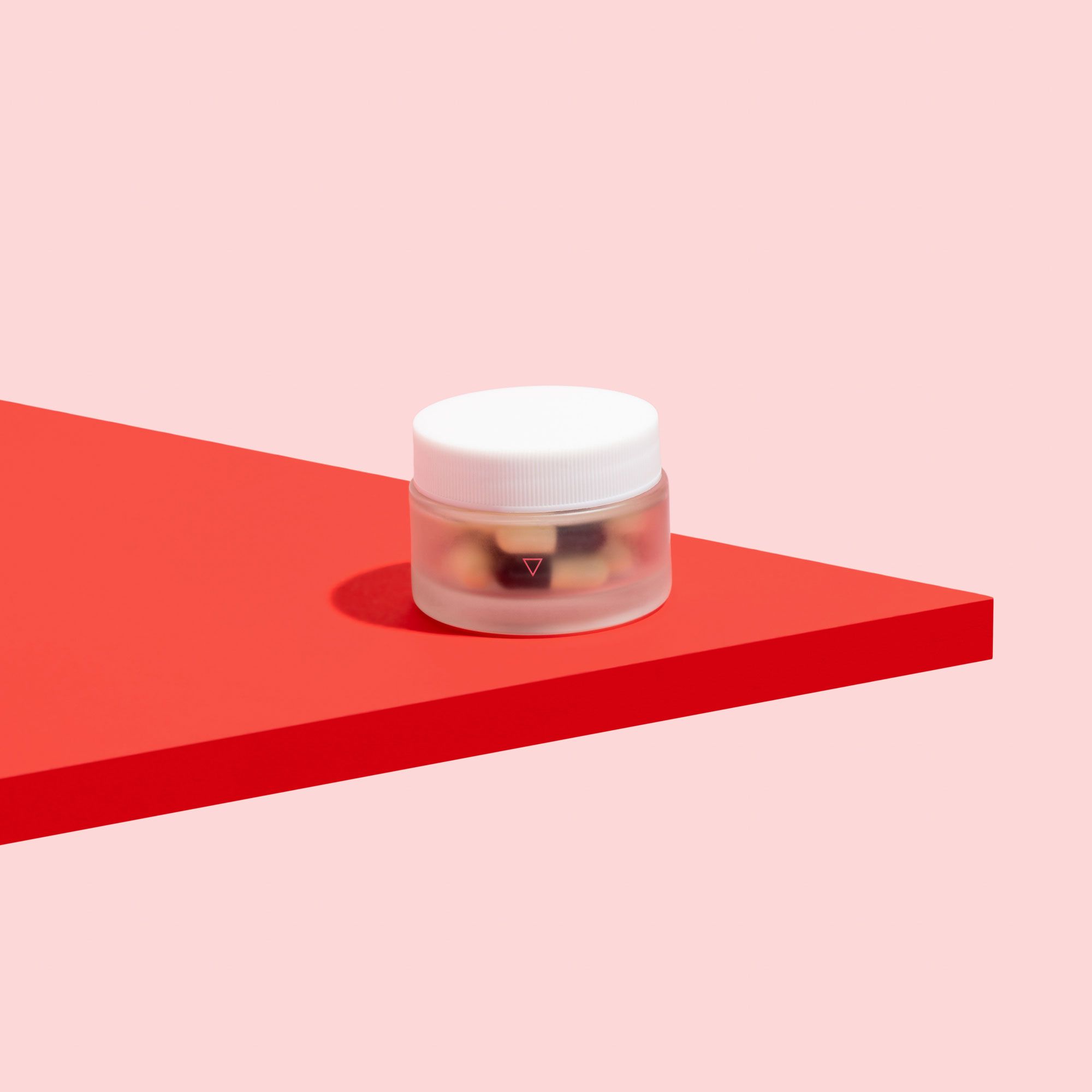
Urinary Tract Infection (UTI) Symptoms
What are the symptoms of a Urinary Tract Infection (UTI)?
The urinary tract is made up of the kidneys (responsible for filtering the blood), the bladder (for storing urine), the ureters (which transfer urine to the bladder), and the urethra (a tube that carries urine from the bladder out of the body). Both kidney and bladder infections are considered a UTI.
A urinary tract infection (UTI) occurs when bacteria enter the urethra and travel up into your bladder. Any infection that enters the urinary tract should be treated early with a full course of UTI antibiotics to prevent further damage, as bacteria will continue traveling and infect the kidneys as well. Common symptoms of a UTI include:
- Frequent need to urinate
- Burning or discomfort when urinating
- Blood in urine
- Pain in the lower abdomen
- Extreme fatigue (which can indicate a more serious infection)
Depending on severity, once an infection reaches the kidneys it may require hospitalization.
While women are more likely to acquire a UTI than men, it is possible for men to become infected. In either case, depending on severity, once an infection reaches the kidneys it may require hospitalization to properly monitor. Avoiding treatment for UTI can induce permanent damage in the kidneys.
Symptoms of a Bladder Infection include:
- Frequent need to urinate
- Burning or discomfort when urinating*
- Blood in urine
- Pain in the lower abdomen
- A burning sensation is also a common sign of other vaginal infections, like Yeast Infection.
In addition to the symptoms listed above, a Kidney Infection may also include:
- Fever (typically higher than 99.9℉)
- Pain in one or both sides of the low back (near the kidneys)
- Vomiting or nausea
What causes a UTI?
While bacteria are present across different parts of human anatomy, they do not live “in” the urinary tract. They do, however, live near the urethra of women and uncircumcised men. If these bacteria enter the urinary tract, during sex for example, they are likely to cause of Urinary Tract Infection. Any kind of bacteria can cause a UTI, but over 90% of UTIs are caused by E. coli bacteria.
Circumstances that raise the risk of acquiring a UTI include:
- Having sex frequently
- Using spermicide for birth control
- Recent bladder or kidney infection (within 12 months)
- Having diabetes
- Not being circumcised, or having insertive anal sex (men only)
How to diagnose a UTI?
Most UTIs are diagnosed based on typical symptoms, but require licensed medical provider verification for prescription meds. After experiencing a UTI one or more times, we become pretty good at detecting the early stages of a UTI and can consult a medical provider quickly enough to prevent the infection from progressing.
Typically, as long as a patient does not have vaginal irritation or discharge, and shows other common symptoms of UTI, no tests are required to prescribe antibiotics. However, due to the severity of complications that can occur with bodily infections, a medical provider should always be consulted prior to taking antibiotics. Connecting with a licensed clinician using Telehealth online care makes this process as easy and pain-free as possible.
How do I prevent a UTI?
There are a few things you can do to help prevent UTIs from taking hold in the first place.
- Wash up before you get frisky. Cleansing hands and genitals will help limit the amount of bacteria in the area that could get into your urinary tract during sex.
- Pee immediately after sex. You've probably heard it before, but urinating right after sex is a simple step that goes a long way towards preventing bacteria from gaining a foothold in your bladder. It's easy for bacteria to get pushed up into the urethra during sexual activity and peeing right after sex is the most effective way to flush it out.
- Take D-Mannose. D-Mannose is a naturally-occurring sugar that helps flush UTI-causing bacteria from your urinary tract. You can take it before any activities that may bring on a UTI to help maintain your bladder health and prevent infection. Read more about D-Mannose on our blog!
Does D-Mannose have side effects?
D-Mannose is a type of fruit sugar, so some people do experience side effects like bloating, loose stools, and diarrhea. If you are pregnant, you should avoid D-Mannose (just to be on the safe side). At very high doses, there are concerns that D-Mannose could harm the kidneys since it is excreted through your urine—so always follow the pharmacy directions when taking any type of supplement to avoid adverse effects.
What are the best antibiotics for a UTI?
There are several FDA approved antibiotics used to treat UTI. If you believe that a specific UTI antibiotic works best for you, you can let your Wisp medical provider know after checkout. Otherwise, they'll prescribe the best UTI treatment for you based on your symptoms & medical history.
The most trusted antibiotic treatments for UTI include:

UTI Antibiotics
Prescription antibiotics used to prevent & treat Urinary Tract Infections
Starting at $65.00
Get Started
Wisp Basic Probiotics
Designed for basic daily support for gut and vaginal health, or to counterbalance mild side effects from antibiotics.
Starting at $9.00
Get Started

